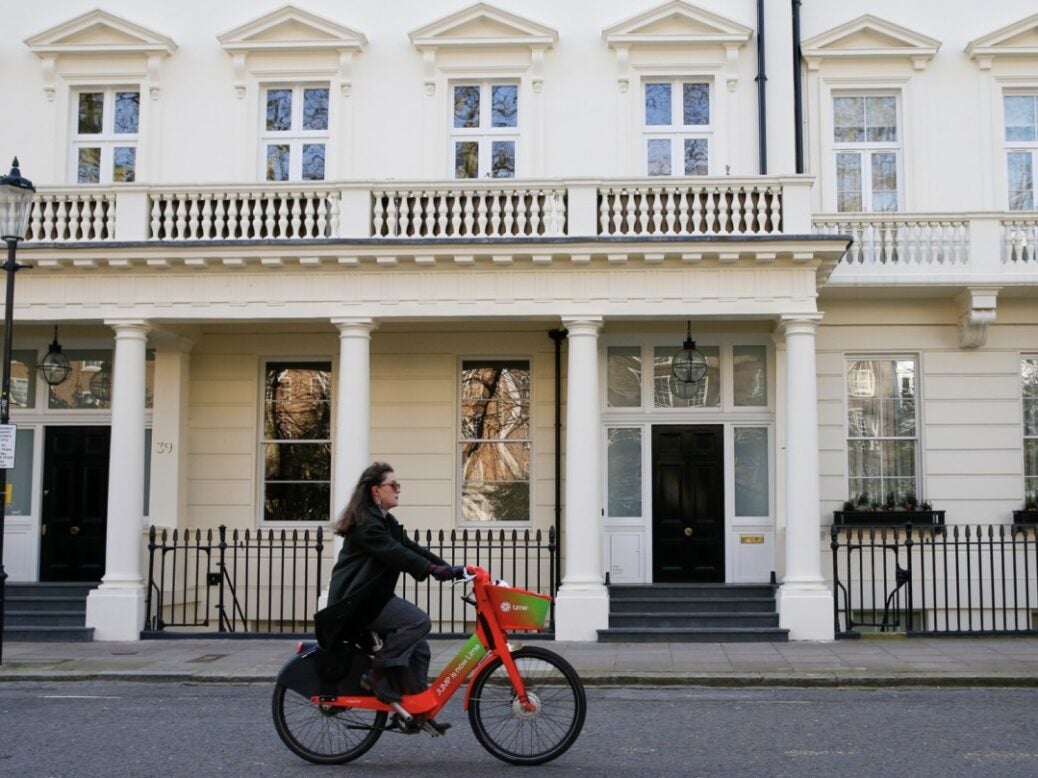
Familiarity breeds contempt, they say. But so far as the prime central London (PCL) property market is concerned, a more relevant aphorism would be: ‘uncertainty breeds inactivity’.
This has been in evidence for much of last year and, indeed, for much of the last decade.
Since the peak of the PCL market in 2014, we’ve had a great many storms to weather. Viewed in isolation, several of them could each have been described as ‘black swan events’. Back in June 2016, the Brexit vote felt like a once-in-a-lifetime shock. But, with the benefit of hindsight, it now looks like just a single link in a chain of extraordinary developments.
Russia’s invasion of Ukraine was another, of course. It set off a rise in the Bank of England base rate from 0.25 per cent (in February 2022) to 5.25 per cent (in August 2023) which coincided with inflation of between 30-40 per cent in construction costs. This was a jolt which few saw coming. What’s more, the impact on the supply of PCL housing stock is just starting to be felt and will become increasingly acute later in the 2020s. The development of sites will stall and speculative developers will keep their hands in their pockets.
[See also: Prime central London property rebound: market is tipped to grow by one-fifth by 2028]
The meteoric rise of stamp duty (SDLT) from a top rate of just 3 per cent in 1999 to 12 per cent at the time of writing (and potentially higher at the point of reading) is another factor. In December 2014 the rate was raised from 7 per cent to 12 per cent which prompted many to re-evaluate ambitions to buy in PCL. But as we embark on a new era, under a new government, many are wondering what the longer-term stance of international buyers will be. Tax rises and an apparent apathy toward internationally mobile entrepreneurs are unlikely to increase appetite, but a degree of stability will at least allow people to plan ahead.
[See also: New regime, new taxes?]
London and the wider United Kingdom is still an extremely attractive place for high-net-worth individuals to live; education, culture and lifestyle still hold huge appeal and will continue to do so – especially if Europe continues to drift to the right and the Middle East continues to drift apart. I believe that – in the round, and in the context of troubles in the rest of the world – many will still conclude that the UK is a compelling place to live.
Right now it feels safer to be a bear than a bull but, again, context is key. After 10 years of anaemic growth the London market is now a third cheaper from the perspective of dollar-denominated buyers – an effective 33 per cent discount, in other words. Now that we’ve weathered some turbulent political storms, it could finally be a case of certainty breeding stability.
Ed Tryon is a founding partner of the leading property advisory company, Lichfields
[See also: Spear’s 500: the 10th edition]






